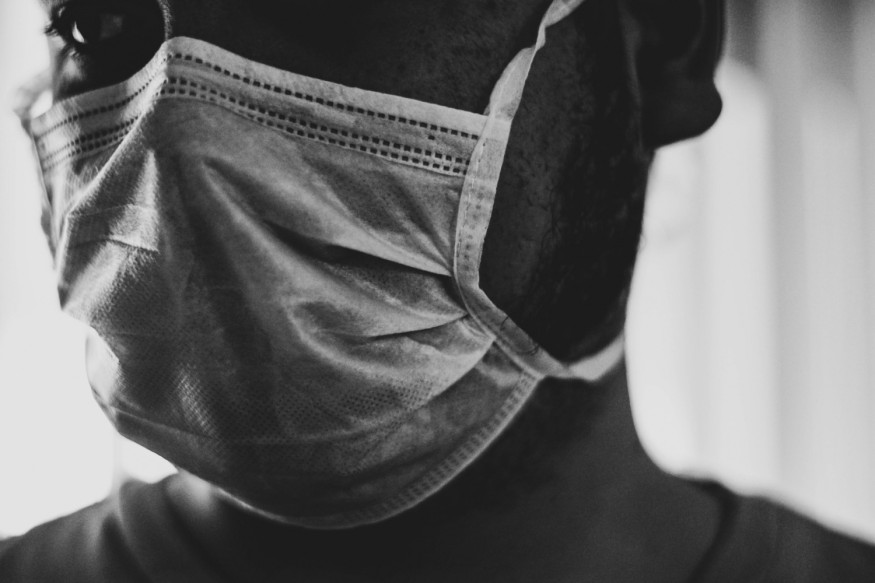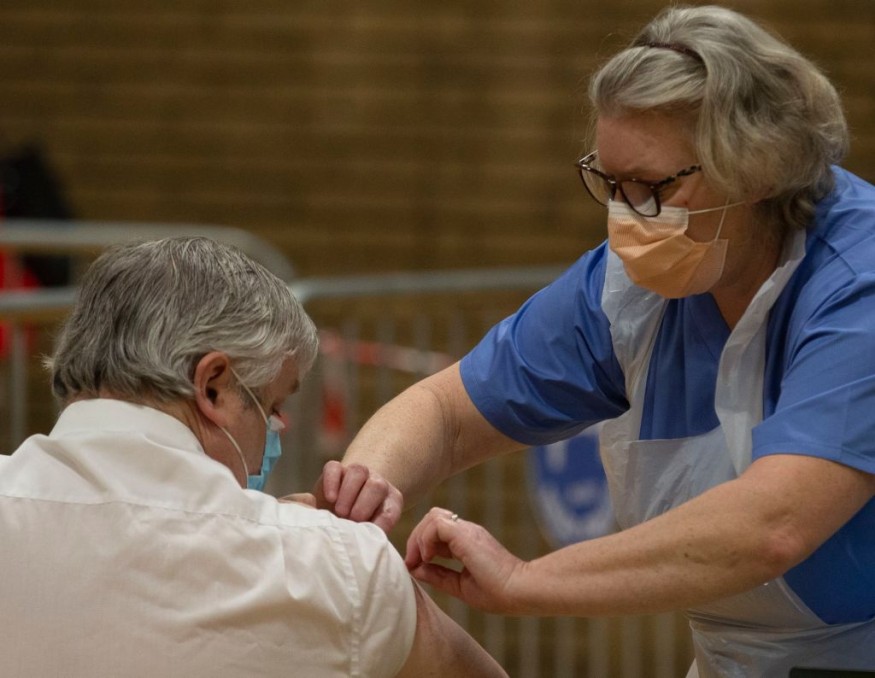Medical specialists, public health authorities, and health care workers on the frontlines of the COVID-19 pandemic are keeping a strict watch on the infection status due to a COVID-19 variant that has proven to be resistant to vaccinations.
There's no cause to sound the alarm just yet, but there may-just may-be grounds to believe that the lambda COVID-19 mutation, also known as C.37, will need to be addressed at some time.

Studying the New Variant
Researchers in Japan have raised the alarm about the C.37 variation, called Lambda, in a report uploaded on bioRxiv on July 28. However, the work is still undergoing peer review before it can be published. And, owing to a similar mutation that makes them more contagious, it's shown to be just as virulent as Delta.
According to a preliminary study conducted by Chilean researchers, the mutation, which was initially discovered in Peru approximately a year ago and is highly contagious, may also be able to avoid vaccination antibodies.
"Our findings suggest that mutations in the lambda variant of interest's spike protein confer enhanced infectivity and immunological escape from neutralizing antibodies induced by CoronaVac," the research concludes. CoronaVac is a vaccine made by a Chinese firm that is widely used in Peru.
"These data reinforce the idea that massive vaccination campaigns in countries with high SARS-CoV-2 circulation must be accompanied by strict genomic surveillance allowing the identification of new isolates carrying spike mutations, as well as immunology studies aimed at determining the impact of these mutations on immune escape and vaccine breakthrough," the study continues.
Related Article : Capillary Leak Syndrome, Blood Clots Linked to Life-Threatening Side Effects of AstraZeneca Vaccine
Variant Development
All viruses mutate over time. When a virus replicates or duplicates itself, it occasionally alters somewhat, which is typical for a virus. Mutations are the term for these alterations. A "variant" of the original virus is a virus that has one or more additional mutations.
The chance of mutating increases when it is widely circulating in a community and generating numerous illnesses; the more possibilities a virus has to propagate, the more it multiplies - and the more modifications it may go through.
Mutation
The capacity of most viruses to produce infections and illness is unaffected by most alterations. However, depending on where the mutations occur in the virus's genetic material, they may have an impact on the virus's characteristics, such as transmission (it may spread more or less quickly, for example) or severity (for example, it may cause more or less severe disease).
Covid Variants and Vaccine Efficiency

Because the COVID-19 vaccines that are presently in research or have been authorized induce a broad immune response including a variety of antibodies and cells, they are predicted to give at least some protection against future viral strains.
As a result, changes or mutations in the virus should not render vaccinations useless. If any of these vaccinations prove ineffective against one or more variations, the vaccines' composition can be changed to defend against these variants.
Also Read : Mysterious Flesh-Eating Parasites Are Slowly Infecting the US Due to Worsening Climate Crisis
For more health and medicine related news, don't forget to follow Nature World News!
© 2026 NatureWorldNews.com All rights reserved. Do not reproduce without permission.





